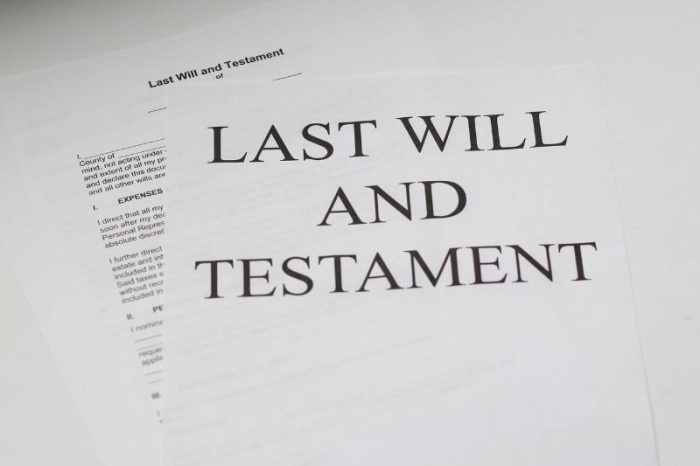| Written by Andrew C. Grant |
One of the most frequent questions I get when meeting with new clients to plan for their estates is whether they need a trust or not. This question is usually prompted by a lack of information, or misinformation, as to what a trust does as part of a person’s estate plan. This article will attempt to provide a little clarity on the subject.
A trust is most commonly used as a means of avoiding probate at the grantor’s death. These trusts are referred to as revocable, or living, trusts. As the name implies, they are created during a person’s lifetime and are fully revocable or amendable during that lifetime. All assets transferred to the trust are treated as if the grantor (who is usually also the trustee) still owns them directly with no loss of control. Upon the grantor’s death, assets that are already in the trust pass to the grantor’s beneficiaries without having to go through a probate proceeding.
Except avoid probate, a revocable trust operates very much like a will. Both documents nominate someone to manage the estate, either a successor trustee or a personal representative, and both documents lay out the person’s estate plan for distributing the decedent’s property.
Unlike a will, however, a revocable trust has features that can operate during the grantor’s lifetime, not just at death. For example, if all of a grantor’s assets are in the trust and the grantor becomes disabled then the successor trustee can step in to use the trust assets to take care of the grantor without going through a guardianship.
Revocable trusts are also very useful when planning for large estates with complicated needs, such as dynasty trust planning, or estate tax planning. But the main reason to use a revocable trust is probably probate avoidance which only works if the trust is properly funded. That means the grantor must transfer all assets that would otherwise go through probate to the trust during the grantor’s lifetime, including real property (other than a Florida homestead, which is a whole other topic), especially real property located outside of Florida, and individual bank or investment accounts.
To be sure, there are ways of avoiding probate without using a revocable trust, and some assets, like retirement accounts and life insurance, pass to named beneficiaries without probate anyway. Some assets that are otherwise subject to probate can have beneficiaries named, like adding a pay-on-death designation to a bank account. In addition, transferring non-Florida real estate to a business entity, like a limited liability company, can convert the property interest so that it isn’t subject to probate in that state, although the business would be a probate asset in Florida. Are these strategies easier or less expensive than a revocable trust? Sometimes, but not always.
Revocable trusts are not generally useful for small estates that would otherwise have, at most, a summary probate proceeding (total estate less than $75,000 not including Florida homestead). Revocable trusts also offer no asset or liability protection for the grantors, although trusts set up for beneficiaries can protect against their creditors.
So, to answer the question at the beginning of the article, “Do I need a trust?”, the answer is maybe, depending on what assets you own and how you want to structure your estate plan. Probate can be a hassle, but it’s not always the nightmare it’s portrayed to be, and there are ways of avoiding it short of a trust. Still, for those with significant estates, or diverse assets across state lines, a revocable trust may be the simplest solution to the probate problem.

